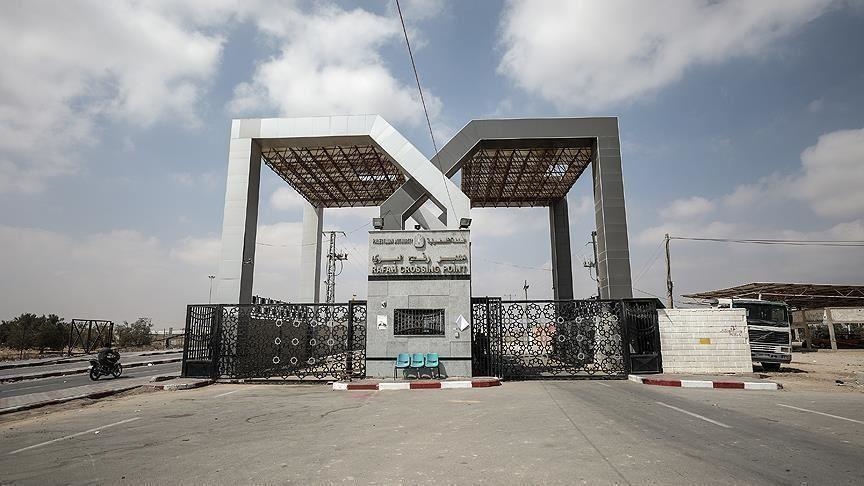Egypt confirms readiness of Rafah crossing and accuses Israel of delay

Egyptian officials and international media sources confirmed that the Rafah land crossing is ready to operate from the Egyptian side, as final arrangements continue for its reopening as part of the ceasefire agreement in Gaza.
Diaa Rashwan, head of the Egyptian State Information Service, stated that "the Rafah crossing is ready to operate from the Egyptian side," pointing out that "Israel is the one that delayed the opening of the crossing from the Gaza side." He explained in media statements that "Israeli attempts are underway to create problems during the first phase of implementing the agreement," noting that "the Egyptian side has completed all its preparations to facilitate the passage of humanitarian aid and receive critical cases."
For his part, North Sinai Governor Major General Khaled Megahed confirmed that "there are currently no obstacles to opening the crossing," explaining that "the operation will be to receive patients and not to bring in goods." He added that "the Palestinian Authority and a European force will operate the Rafah crossing from the Gaza side."
In a related context, "Channel 14 Israel" reported that "there is an Israeli consensus on a local force from Gaza taking over the operation of the Rafah crossing." The channel added that "the Palestinian force that will manage the Rafah crossing has been approved by the Israeli security leadership." It also reported from sources that "the Rafah crossing will not open without final Israeli approval."
These developments came after two sources told Reuters that the reopening of the crossing coincides with the return of a monitoring mission from the European Union to it. While the sources did not specify the restrictions that may be imposed on those wishing to travel, the Israeli army and the office of the Israeli Prime Minister have not yet responded to a request for comment.
For his part, Tom Fletcher, head of the United Nations Office for the Coordination of Humanitarian Affairs (OCHA), urged Israel to open "immediately" all crossings to allow aid into Gaza. The UN Under-Secretary-General for Humanitarian Affairs explained in an interview with AFP on Wednesday: "We want this to happen now as part of the ceasefire agreement between Israel and Hamas." Fletcher is heading to the Rafah crossing from the Egyptian side on Thursday.
It is worth noting that the land crossing had been closed since mid-last year (2024) by Israeli forces that controlled most areas of the Palestinian sector.
The reopening represents one of the terms of the agreement reached last week in Sharm El-Sheikh after days of indirect negotiations between Israel and Hamas, sponsored by Egyptian, Qatari, and American mediators, with Turkish participation. The first phase of the agreement stipulated the withdrawal of Israeli forces from some parts of the sector, the reopening of the Rafah crossing, and the entry of food and medical aid, at a rate of at least 400 trucks per day.